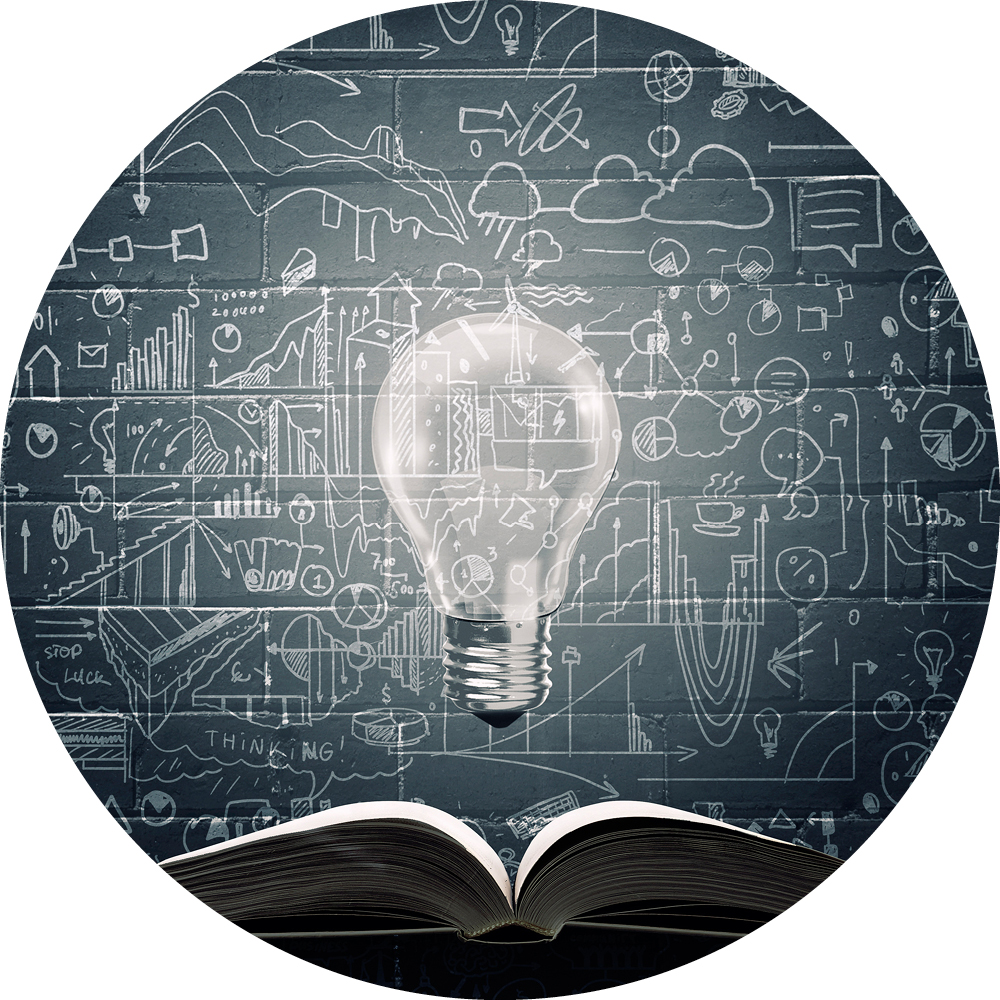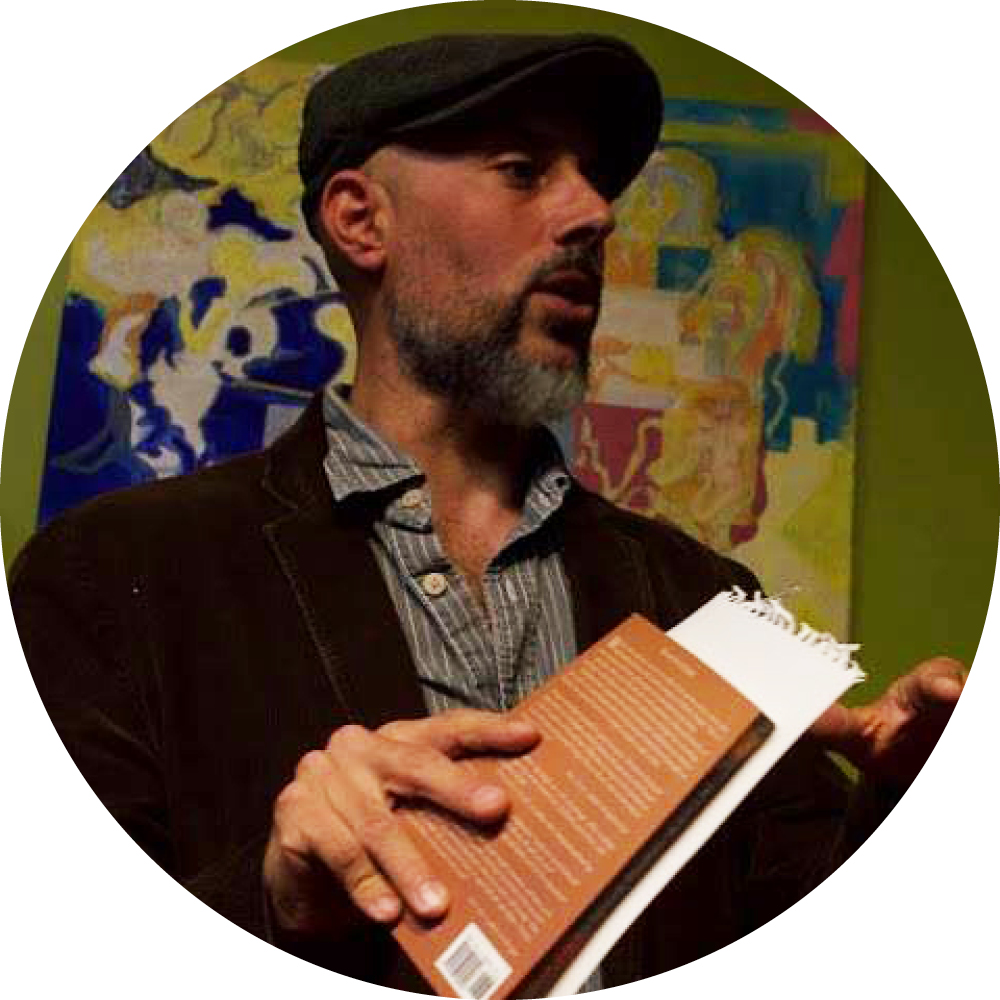The Sunflower in
the Driveway
By Gail Collins-Ranadive
There’s a sunflower growing up through the cracks in the driveway behind where my car stays parked in the garage. It’s a ‘volunteer’ from the bank of sunflowers that springs up every summer beside my partner’s home in Denver. With my car barely used during the 2020 pandemic, the plant found its niche, then became one of the touchstones shaping our stay at home routine: Venus’ predawn rise up the northeastern sky presides over morning meditations, and three families of racoons’ parade along a trail of their own making across the backyard every evening. But watching the sunflower turn its face towards its namesake is how I keep track of morning, noon, and afternoon during the hours, days, and months that threaten to clump together in a mind-numbing sludge.
It feels as though Nature herself has sent us humans to our rooms for a time-out, perhaps to ponder how our beliefs and behaviors have been decimating the earth, destabilizing the climate, and driving the next mass extinction, along with setting the stage for inevitable pandemics. Is she also showing what can happen when we take our collective foot off her neck?
For instance, not using gasoline burning cars means there’s no need to ravage whole ecosystems by fracturing the earth for the dirtiest remaining sources of oil, no need for leak-prone pipelines to carry the tarry crud through fragile aquifers and reservoirs, no need for toxic refineries to process the crude, or bunker-fueled ships to carry it to world markets, thus eliminating the polluting externalities responsible for the environmental racism hidden in the ‘cost’ of each gallon of gas, whose price right now is the lowest it’s been in decades. And did I mention the reduction of CO2 emissions from the transportation sector that could begin to bend the Keeling Curve that’s been documenting its troubling increase over decades?
With the resident human unable to burn fossilized sunlight, the flower in the driveway grows taller each day as it ingests current sunshine, inhales CO2, exhales oxygen, and soaks up snow melt.
When we do leave the house it’s in my partner’s electric car powered by solar panels on the roof of the garage. As elders who don’t sleep normal hours, we’re glad and grateful to be up before dawn so we can head out before rush hour, not to beat the traffic and heat, but to hit the hiking trail before it becomes too ‘peopley’ (Thoreau’s word). Relishing the changing scenes of waterfowl in the Platte River on one side of us, wildflowers in the meadow woodland on the other, we wear face masks we’ve made to protect others and ourselves from the coronavirus ravaging our country. Developing survival skills has become a lesson in resilience, one of the tools our species will need to navigate the looming climate crisis we’ve unwittingly created. In fact, this coronavirus crisis feels like a dress-rehearsal for ‘big one’ that’s coming.
Still, too many fellow citizens refuse to follow the simple protocols of mask wearing, social distancing and hand washing that would slow or stop the pandemic. Their ‘rights’ are exhausting (and infuriating!) those of us trying to be responsible citizens, and actually prolonging the need to lock down. The daily death toll rises exponentially, each a human sacrifice on the altar of national hubris.
Is Nature watching our bungling practice-run with detached fascination? How is it that the country that put the first human on the moon by working with the natural law of gravity is now denying and defying the natural progression of a deadly virus?
Yet while our nation has ‘gone rogue’ on flattening both the pandemic and Keeling curves, making us the biggest threat to the rest of the world on both counts, our sense of specialness is being trumped by an invisible organism that refuses to co-sign our delusions. The world-wide pandemic is focusing attention on the parallel global climate crisis: if the most influential nation on earth won’t follow common sense protocols for containing an immediate pandemic that’s as observable as the mask-faced racoons in a back yard, then what hope is there that anyone anywhere will deal with the reality of the more abstract climate crisis before it’s too late to do anything that will delay and diminish its impact?
But, as the polarizing populist running for re-election keeps punctuating American exceptionalism with deliberately divisive rhetoric, thoughtful citizens stranded at home seem to be slowly waking up. Our dominant national myth is being punctured by the on-going reality of police brutality against the black and brown people among us who are us. In response, mask-wearing citizens have taken to the streets in redress of century-old grievances. Demanding change by toppling racist and colonialist statues, many of us are rethinking who we were and who and how we want to be.
Is this a ‘breakdown’ becoming a ‘breakthrough?’
Ultimately, this pandemic feels like an early-warning test of the eco-destructive socio-economic system we’ve embraced as the ‘normal’ we must do everything to get back to. Why should we? The push for people to return to work despite COVID-19 risks is not for their wellbeing. Rather, it’s driven by the needs of the market economy based on self-centered individualism, unchecked personal and corporate greed, obscene wealth for a few with crippling poverty for the many, institutionalized inequality and invisible racism, all serving the insanity of limitless growth on a finite planet.
This is not what we need for our species’ survival. A new story aches to come forth from Nature’s time-out, as it provides mental space to regroup, recreate, and reimagine a more viable story for our human trajectory. Let’s begin here, with the recognition that the most essential workers live on main street, not on Wall Street. We are learning that the real heroes of society are the hospital workers and grocery store employees, the truck drivers and mail carriers, the teachers who moved their classroom lessons to computer learning, the parents who picked them up and home-schooled the children.
Yet the jury is still out. With the microcosm of the pandemic mirroring the macrocosm of the coming climate catastrophe, our immediate and long-term fate as a species remains in question, one that will be resolved, and then sealed, with the next U.S. election.
Whatever ultimately happens to the humans inhabiting the Earth is of little consequence to the planet itself; it will continue its cosmic dance with its siblings around their Star, as Venus reminds daily us when she sails past us in the early morning sky.
Meanwhile, when I’m finally compelled to back my Prius out of the garage to recharge its hybrid battery, if the thick black ants climbing the shoulder-high sunflower stalk have morphed into a story-book Giant and a small boy named Jack, I’ll just maneuver around them as best I can, unfazed in this pandemic of 2020. Nothing can or will surprise me ever again!
Oddly, I feel embraced by the insight of the Christian mystic Julian of Norwich who, while ‘self-isolating’ during the Black Death that decimated Europe in the Middle Ages, bravely proclaimed: “All shall be well, and all manner of things shall be well.”
About The Author
Gail Collins-Ranadive
Over her lifetime Gail Collins-Ranadive has been a psychiatric nurse, a military wife, a private pilot, a children’s writer in residence, a religious educator, a writing teacher, a workshop facilitator, an adjunct professor, a retreat leader, an ordained minister, and an environmental activist. She has two daughters and five grandchildren, all on the east coast. Her books include If You’d Been Born in India and Hopi Birth Morning (for children), plus Finding the Voice Inside, Writing as a Spiritual Quest for Women; Light Year, A Seasonal Primer for Spiritual Focus; Chewing Sand, An Eco-Spiritual Taste of the Mojave Desert; Inner Canyon, Where Deep Time Meets Sacred Space; and Nature’s Calling, the Grace of Place. Poems and essays have appeared in a variety of publications. She currently hosts the Environmental Column for The Wayfarer Magazine. She and her partner winter in Las Vegas and summer Denver, where they get to work on climate issues and actions in both places. Retiring early in order to focus full time on her writing, she has three more manuscripts in process. Her website is www.gailcollinsranadive.com.
Re-sources
Re-Imagining Education

Empowering educators to take a deeper look at the stories told in our schools and to re-imagine them in transformative and
nurturing learning spaces.
Learning Opportunities

Classes, workshops, and lectures that help to empower people to re-imagine who they are and their place in the world.
Get Involved

Help the Chicago Wisdom Project realize its mission to re-imagine education through holistic programming that transforms individual, community and world through creative expression.
